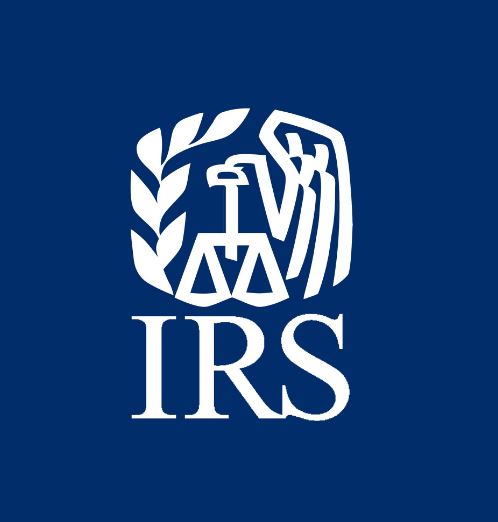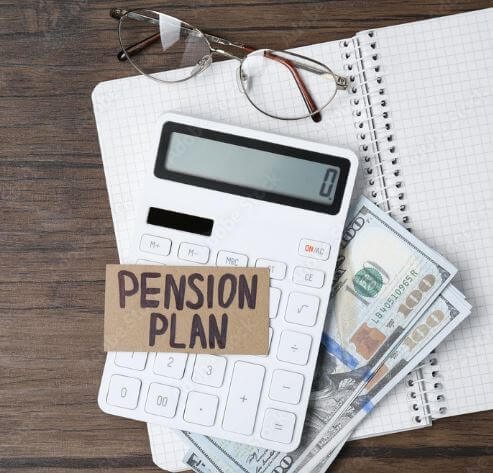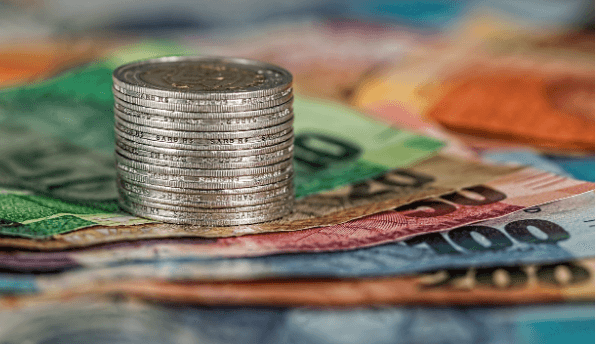How long should I keep tax records?
How long should I keep tax records? The time frame in which you ought to keep a document depends on the activity, cost, or occasion that the record records. By and large, you should keep your records that help a thing of pay, allowance, or credit displayed on your government form until the time of limits for that assessment form runs out.
The time of impediments is the timeframe in which you can correct your expense form to guarantee a credit or discount, or the IRS can evaluate extra duty. The data underneath mirrors the times of limits that apply to annual expense forms. Except if generally expressed, the years allude to the period after the return was recorded. Returns recorded before the due date are treated as documented on the due date.
Important Note: Keep copies of your filed tax returns. They help in preparing future tax returns and making computations if you file an amended return.
Period of Limitations that apply to income tax returns
- Keep records for 3 years if situations (4), (5), and (6) below do not apply to you.
- Keep records for 3 years from the date you filed your original return or 2 years from the date you paid the tax, whichever is later, if you file a claim for credit or refund after you file your return.
- Keep records for 7 years if you file a claim for a loss from worthless securities or bad debt deduction.
- Keep records for 6 years if you do not report income that you should report, and it is more than 25% of the gross income shown on your return.
- Keep records indefinitely if you do not file a return.
- Keep records indefinitely if you file a fraudulent return.
- Keep employment tax records for at least 4 years after the date that the tax becomes due or, on the other hand, is paid, whichever is later.
The accompanying inquiries ought to be applied to each record as you choose whether to keep a document or discard them.
Read also:
https://accountsgala.com/fintech-zoom-loans-apply-online/
Are the records connected to property?
By and large, keep records connecting with property until the time of limits lapses for the year in which you discard the property. You should keep these records to calculate any deterioration, amortization, or exhaustion derivation and to calculate the increase or misfortune when you sell or in any case discard the property.
Assuming you got property in a nontaxable trade, your premise in that property is equivalent to the premise of the property you surrendered, expanded by any cash you paid. You should keep the records on the old property, as well as on the new property, until the time of limits lapses for the year in which you discard the new property.
What should I do with my records for nontax purposes?
When your records are no longer needed for tax purposes, do not discard them until you check to see if you have to keep them longer for other purposes. For example, your insurance company or creditors may require you to keep them longer than the IRS does.







